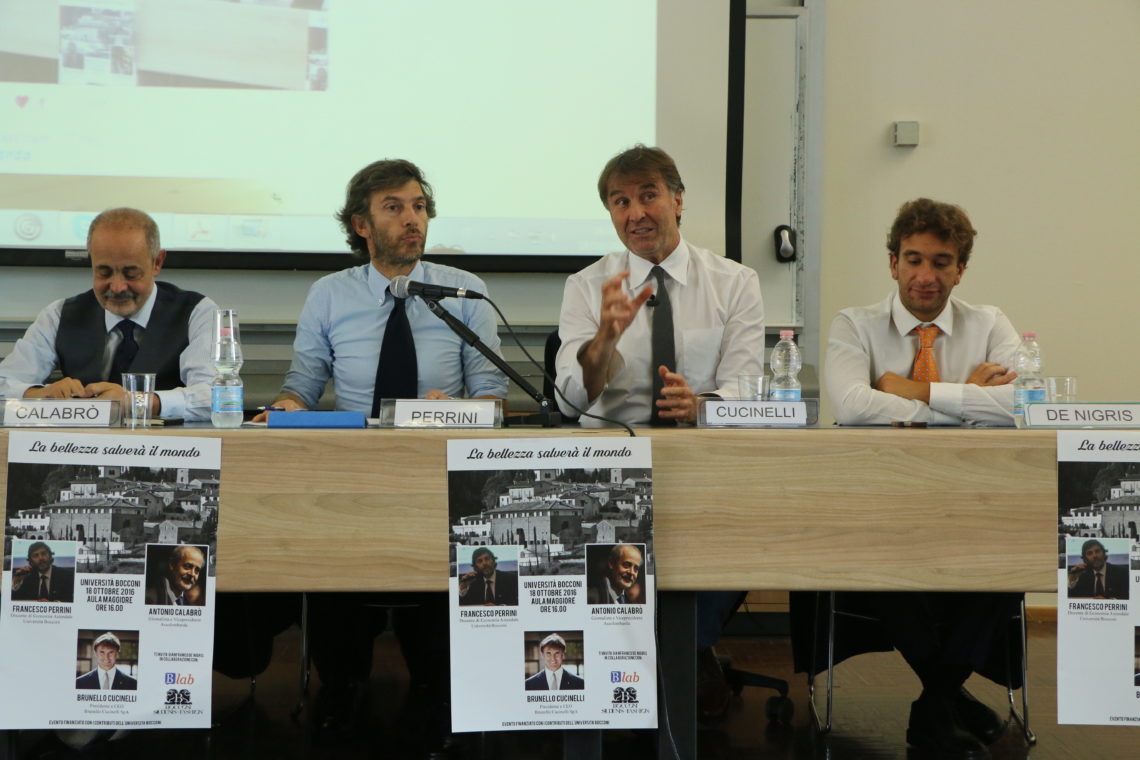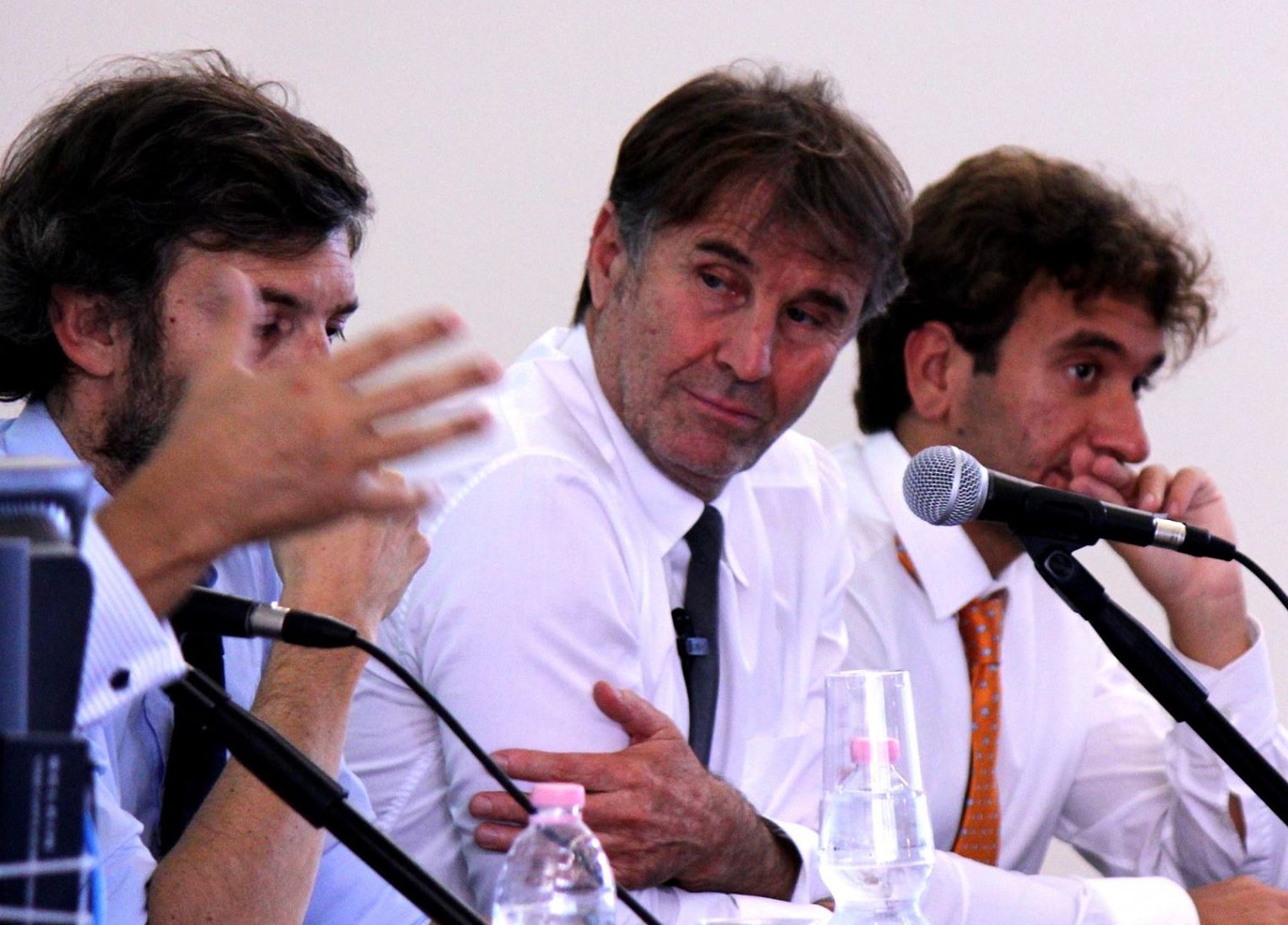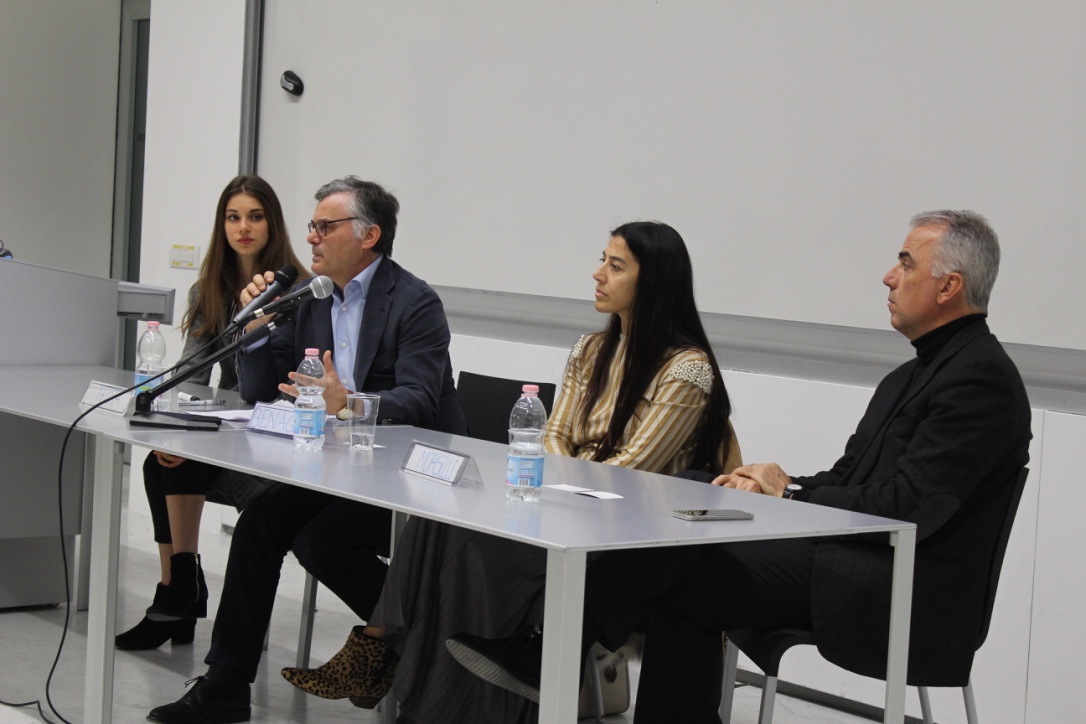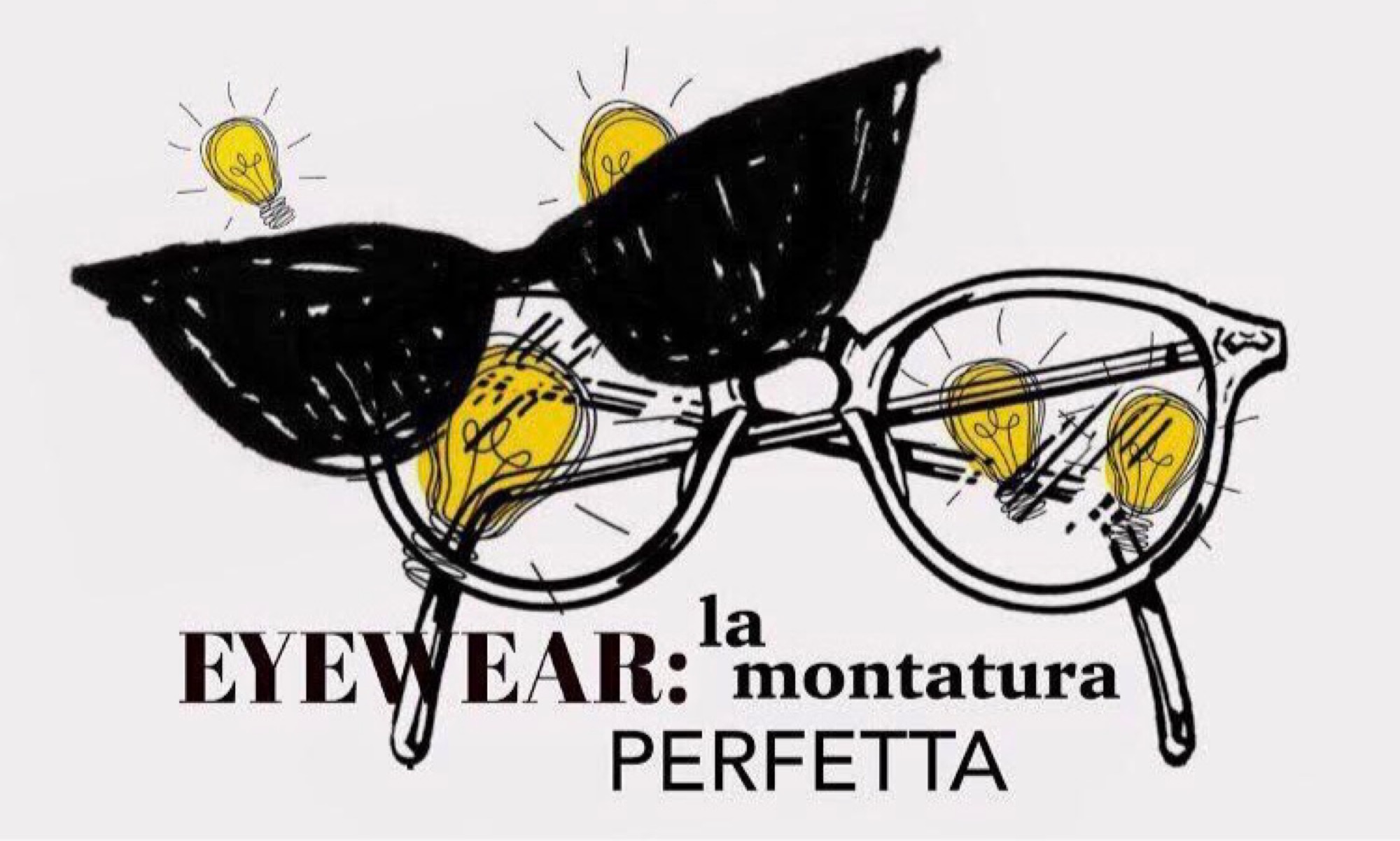“Balance sheets are not saved through lives.” It is with this quote by Adriano Olivetti that the conference held on October 18th, organised by Gianfranco De Nigris, Roberto Montaruli, Bocconi Students for Fashion and B.lab Bocconi, and hosting Brunello Cucinelli, led off. The main focus of the event was sustainability and, as Francesco Perrini – full Professor of Management at Bocconi University and Senior Professor of Corporate Finance & Real Estate at SDA Bocconi – said, on Corporate Social Responsibility (CSR), or better in this case, to a return to the concept of Community.

Introducing Brunello Cucinelli, Professor Perrini described him as a revolutionist, promoter of an alternative entrepreneurial path. He claimed that nowadays companies, also financial ones, are developing a long term focus on their businesses, and that sustainability is becoming a topic of primary importance in business development. This is also why many business schools are fostering postgraduate degrees and curricular courses on the subject, – such as the Bocconi University Master in Green Management, Energy and Corporate Social Responsibility, first in the Eduniversal best masters ranking for “Sustainable development and environmental management” – to let the new generation of managers and entrepreneurs develop their businesses according to a more human friendly philosophy.

And it was mainly around this, philosophy, that the conference rotated, starting from the philosophy that lies behind an alternative future strategy communication, not centered on the product, but on a way of producing strongly liked to territory, community and urban areas, and ending with pure philanthropy. According to Antonio Calabrò – VP of Assolombarda, director of Pirelli Foundation and author of the book “La morale del tornio” -, Cucinelli is, as Adriano Olivetti was, not a revolutionist, but a reformer, not an entrepreneur, but more like a heretic: he was the one who had an innovative and different way of thinking, and due to this other people lash out at him. In particular, he reported the Olivetti’s speech at the inauguration of the Pozzuoli factory, during which he affirmed that such a factory in one of the most beautiful places of the World, has all the characteristics for being not only one of the best Olivetti’s factories due to the territory qualities and to the people who works in it, but also one of the most productive. In this way, Olivetti was introducing the concept of Beautiful Factory. What is more, there is another word that, Calabrò said, needs for some care: competition. It is a word coming from the Latin, and that usually acquires a negative connotation, but which has a root inside it, cum, that is: community. One of the last documents of the International Monetary Funds states that at the basis of the today economic crises there’s a fundamental inequality. May it be that the demand for different economic equilibria, more fair and enlightened, is rising? Edmondo Berselli, an Italian journalist and author, talking about inequality said that there are many ways and times to rise profits in every particular business. Any entrepreneur can confirm that the design of a factory is done with a long term focus. And it is this that lies behind the reconsideration and rediscovery of the Italian entrepreneurship foundations. Carlo Cipolla -an Italian economic historian – affirmed that Italians are used to producing beautiful thing that all the World loves in the bell towers shadows, since the Middle Ages. Inside this quote, according to Calabrò, there’s the entire history of Italian Industry. In fact, in it is taken into consideration manufacture, tradition, beauty and the ability to be competitive in the international markets. What is more, continued Calabrò, for antique philosophers, such as Aristotele, esthetic and ethic were strongly related. There’s anything which works well and has not some beauty inside it. This is what leads us back to the idea of Beautiful Factory.
For Beautiful Factory it is meant a factory which has little resources consumes, low environmental footprint, little or none energy consume, entirely renewable, with little work accidents and none mortal. It is a welcoming place, in which workers are happy to work, in which relationships between owners, workers and the supply chain are taken deeply into consideration. To sum up, it is well designed. An example is the Pirelli factory in Settimo Torinese, designed by Renzo Piano, an architect who stresses some architectonical elements such as light and transparences. Moreover, Piano required that around the factory more that 500 cherry threes were planted, and in the building is also included a library. But why a library? Because books are culture, freedom, knowledge and personal development sources. Like Pirelli there are many other Beautiful Factories in Settimo, such as Lavazza and L’Oreal. And this is why Settimo has apply to become the new capital of culture in 2019, because what it represents is an alternative kind of culture, dealing with social relationships and consciousness more than with human works.

Another example of Beautiful Factory is the Brunello Cucinelli’s one. A question rises spontaneously: where did an entrepreneur starting such a sustainable business learn how to develop it? Cucinelli’s personal answer to this question is: from the University of the salt of the earth. To understand what it means, it is necessary to consider some elements of his past that he stresses as fundamental. He was born in the countryside, in a house equipped with no water nor electricity, but also no stress nor arguments among his parents. He worked the land with his family, close to animals and nature. It was a normal, good quality life, quiet, full of joy, positivity and love for life which still characterize him. He used to listen to his grandfather, who, smoking a cigarette, invoke the right sun, the right wind and recommended him: “Be moderate!”. After fifteen years, they moved near the city and his father started working in a factory. He didn’t complaint for the salary nor for the hard work, but he was upset by the environment. And here it is why and when Brunello decided to work for the human dignity, even without knowing which kind of job he would have done! In fact, after his diploma, he applied to an engineering undergraduate course. But actually, in three years he just passed one exam. He didn’t like study that much… even before university, he went to school just to chat with people and to make some jokes to teachers! But, as he stressed, they were never wicked jokes: he has always respected the human dignity. In particular, telling about his former years at school, he revealed that he didn’t study much Italian nor Math, because his teachers felt in love one with each other. And so? Who cares about lectures? They felt in love, and that’s what matters!
One may argue: so what has he done during his life before success? He’s answer is: “Nothing.” But he had done what he calls 10 years of life school, attending the local café as a university. In fact, he loved spending his days discussing about philosophy, politics and everything else. At the bar there were only men, of curse, with an exception made for a friend of him who worked as a prostitute that he describes as vary charming, with whom he was used to talked until 4 o’clock in the morning about the spiritual pain of the human being. One day, listening to a student talking about Kant, he decided to buy a Kant’s book. The first phrase he red enchanted him: “Act considering humanity, both for yourself and for other people, not as sample mean but with a noble purpose.” Also other authors inspired him, such as Emperor Adriano, who claimed to “feel responsible for World beauty”, and also Emperor Marco Aurelio, who, even in a dramatic period of Roman history, was able to sate “smile favors humanity, live in accordance with nature, smile”.

Then, the idea: colorful cashmere. He started his business with a main purpose, that is put first human relationships. He decided to set his factory in the small village of Solomeo, close to the one in which he lives with his wife, because he shared Rousseau point of view: our cities are difficult to be lived. In fact, he claims that we should fallow the Ancient Greeks lesson and have as a duty to leave cities more beautiful than how we had found them. We have to act as their guardians. For this reason, he is pushing a project about suburbs requalification. According to him, we are in a period of great renaissance, both spiritual and civil, and he also affirmed to trust Mario Draghi when he says that the European economy is solid. “What do you fear?”, he asked. “I would like to communicate you the joy of life, the love for everything, for all the existent. I would like to communicate you not to be scared, to see the World in a completely different way than the one it is depicted, to be funny, playful, genial. Rousseau said that we are genial when we are in peace with humanity. So follow your path, try to follow your dreams, because it is in this way that we will become really special again. You have to study with moderation, because we need that you have time to understand humanity. Don’t listen to your parents when they stress you talking about your future, but listen to them when they talk about dignity and ideals. Young people have the duty to make hope contemporary. I’m not an optimist, I’m a man of hope.”
It was talking about hope that he underlines that also Italian Constitution is “an act of faith and hope, that maybe will never end”, and it has to be contemporary, as capitalism must be. In order to let this happen, he thinks that we have to start trusting again our Nation, invest in it, respecting people and recover the value of politeness. In his opinion, Italy is a special state, the best social state in the World. International companies are investing in Italy because they believe that Italians are the best in manage the non- linearity of things. In addition, he affirmed, this country has the best culture in the World. However, it is necessary to travel both for understanding other cultures and for bring our culture abroad. And also, to engage in conversations. “So work, but have the courage of care about the human being. Smile to the World. This is the Golden Century, this is the century of violence decline. The last 30 years faced a lack of culture and courtesy, during which the great ideals and virtues of the human being flagged. We need to start discussing about things again. And we need to start doing this again looking in each other eyes, scaling down our excessive use of technological communication means, which weight down our souls. We need to share, but through humanity and human relationships.” Then, he wonders: “May we go back to the values of moderation? Of respect? […] It is not that we all have to be managers or entrepreneurs. Why shouldn’t we be craftsmen? Why should our target be so high? We need to go back to a more normal lifestyle.”

Dealing with crafts he wonders how can we convince a young person to work in a factory, if such a work has no appeal. “We need to recover dignity, to give a fair remuneration that matches humanity requirements. At the beginning of my career the dream was to be able to grant higher wages to my employees, and let them work in a welcoming environment. A cozy workplace is able to let an employee, a manager and also an owner to work free from the evil soul. In a company there must be an honest profit, a fair division of it among all the chain, from the ones who supply the raw materials to the ones who distribute it. Without all this, we would not be able to produce special manufactures. Italy stands at the very first position for the quality of its manufactories, which seduce people from all over the World. So, don’t be scared: we just need to do special things. How? I don’t know.”
But how does he produce his special things? From where does his inspiration came from? And does he try to communicate such an ideal of a sustainable enterprise through his collections? “Style comes from the street” he said, “Of course, we want to produce something that absorb the environment in which it is created, the atmosphere of Italian culture, the love we have for it. The way we do it is an aptitude, its instinctive.”
Therefore, what we need to do in order to be the guardians of the World’s future is to try to put a collective effort in making special things. “I don’t know”, Calabrò said, “if we would be able to save the World with beauty. But what I know is that it is impossible to bear the current production systems, distribution and trade anymore. Not only because the World will be unable to put up with it in the near future, but also because it is not tolerating it jet. What is more, consumers are no longer willing to buy products which don’t match a sustainability requirement.”
For this reason, let your imagination work, let your humanity rise up and, paraphrasing St. Agostino and Kant, have the courage to look at the starry sky and let your moral law arise from inside you. And, as Brunello Cucinelli suggested, “may the soul always be the source of great thoughts.”






